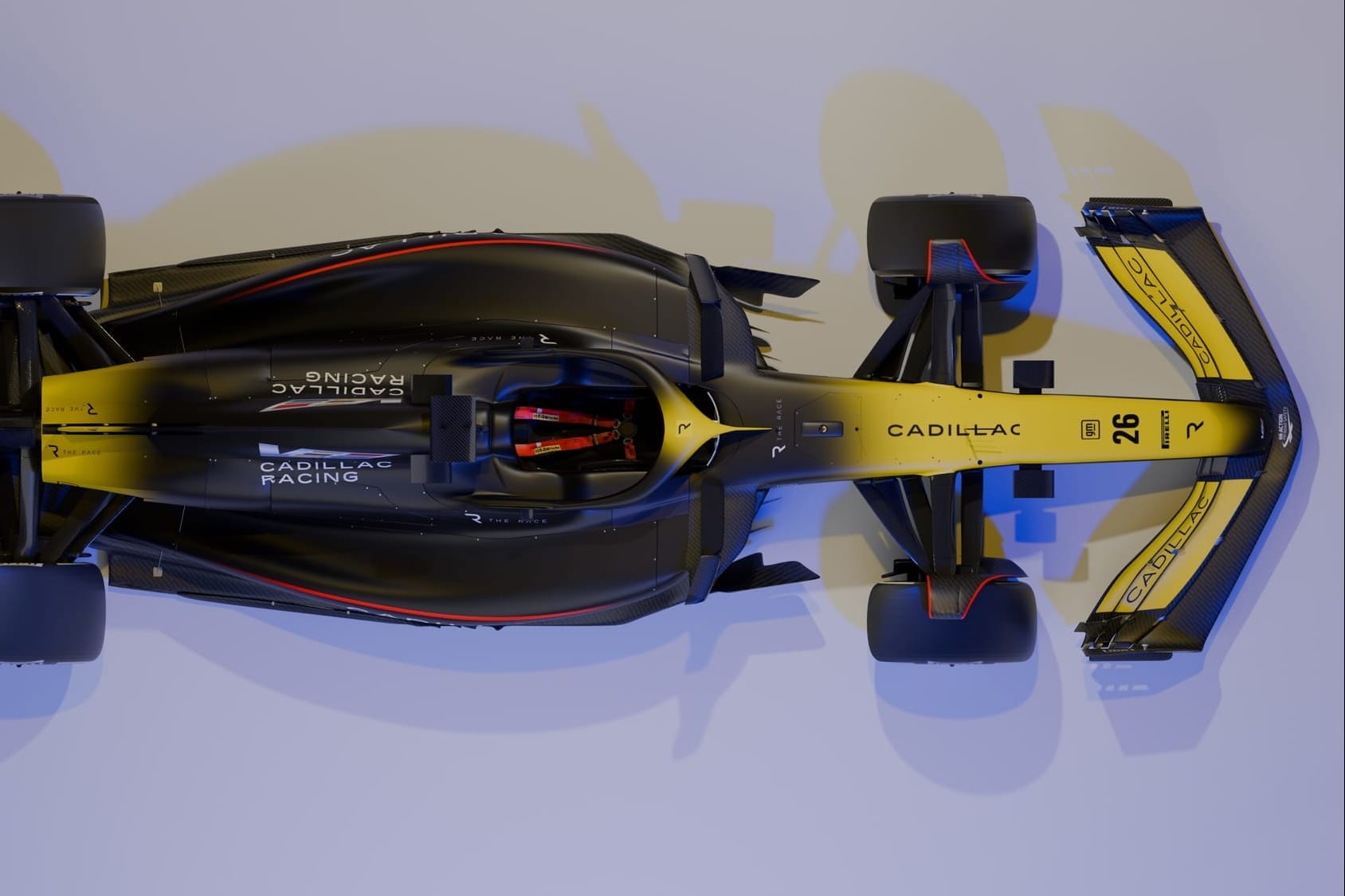

News of Cadillac's initial approval to enter Formula 1 in 2026 was quickly followed by a question about its project: would it still want an American driver like Andretti did?
That does seem to be the case - even if there is still chance for that to change - and that means the attention is on Colton Herta. Again.
But is he Cadillac's best American option? What have we learned about his career and how can we apply that to know more about he'd get on in F1? And are there other viable alternatives from the US racing scene?
The Race takes a look at Herta in more detail in a bid to answer those questions.
The best choice?
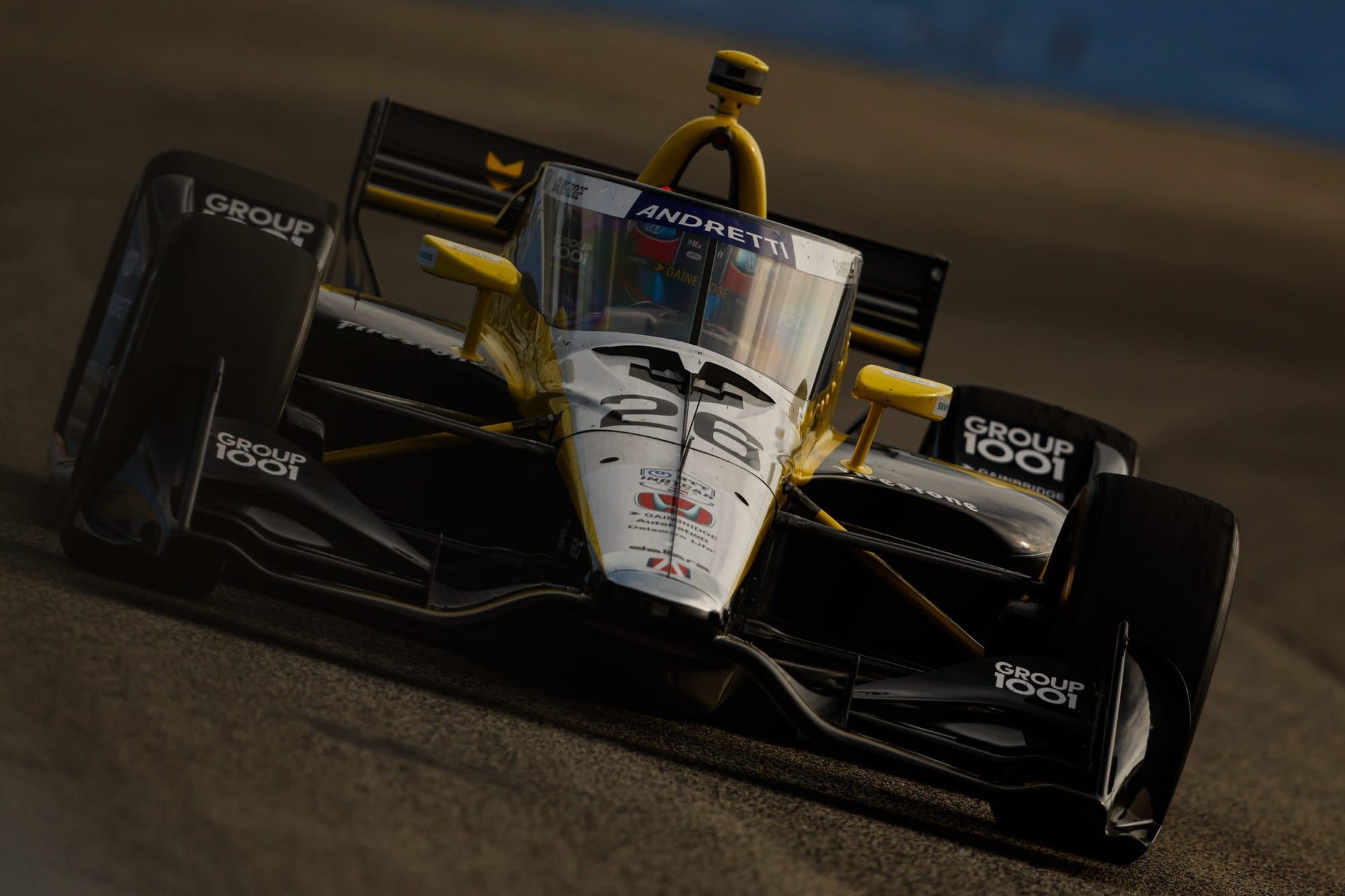
Few have ever doubted Herta's raw speed. He now has 14 poles and nine wins in 99 IndyCar starts at a team that has only at best been considered the third-best outfit since he joined the series.
In fact, the team, Andretti Global, is often what has made Herta so tough to judge, either because of its driver line-up or its general performance.
In 2020, his second IndyCar season (which seems a fair place to start judging him from once he had a season under his belt), he learned from some of his inconsistencies and was really strong on his way to third in the championship, even if his team-mates that year weren't on his level.
The following year he took three wins but was much more inconsistent, in 2022 - the first year he was regularly considered a potential F1 prospect - he wasn't the top driver in his team and fell to 10th in the standings, and in 2023 he didn't win a race and only just finished ahead of second-year team-mate Kyle Kirkwood.
But across that 2021-23 period, it definitely felt like, as much as Herta wasn't perfect, there were plenty of instances of mechanical issues or team mistakes on things like pitstops or strategy letting him down.
The way I try to contextualise things here is to think, if Herta had been in the same team as the champion that year, would he have been able to perform to the same level? The answer hasn't always been yes, but at Penske or Ganassi he'd have at least one championship by now. I think that would be a well-accepted opinion for paddock insiders.
Last year was a step back towards the Herta we'd seen earlier on, with that bit more consistency, putting his speed and car control to good use while - generally - being sensible in battle with others and not being too aggressive on his tyres.
He was clearly the best of a very good three-driver Andretti line-up.
Herta was also the top American driver in the US's best single-seater championship.
And he's still been Andretti's go-to even with the emergence of Kirkwood, who it has data on and can see in a direct comparison with Herta week to week. If Andretti wanted to switch allegiances it would have become apparent by now.
Herta's main challenges
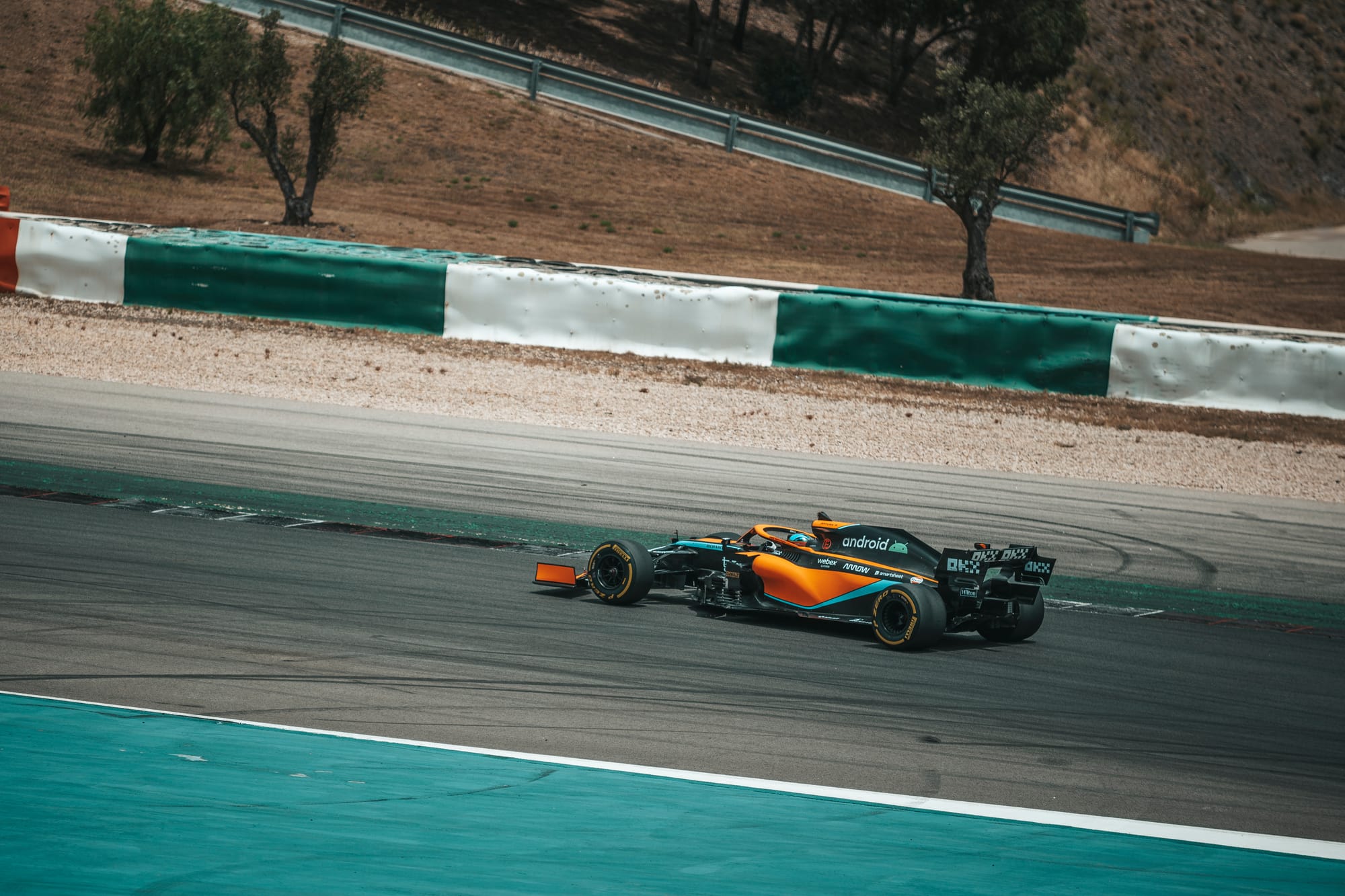
Not knowing the F1 tracks or Pirelli tyres, and by extension going against drivers who are much more experienced, all count against Herta. Even someone like Jack Doohan, going into Alpine next year, has spent almost a whole season in the Alpine sim getting experience of how the team operates and how it wants him to operate.
Herta has none of this, short of a TPC test with McLaren in 2023 (or some lower formulae racing experience at the likes of Silverstone, Spa, the Red Bull Ring and Barcelona).
He'd also come in at a time where F1 is as cut-throat as ever, so just being given the time to do the learning he needs will be a massive uphill struggle. And the politics of F1 are always looming, so trying to operate in that environment would be tough for anyone outside the bubble.
Herta might be able to quieten the noise with his pace. But most drivers who get to F1 are quick; it's being consistent that really counts and that's something Herta hasn't always managed, even last year in IndyCar.
In May, he crashed out of third in the Indianapolis 500, and then after a bit of weather adversity having been on pole in Detroit, the next race, he made a wild lunge for an overtake back in the pack and ruined his race. Considering he finished 31 points shy of champion Alex Palou, even average finishes in those two races might have given Herta the title.
There's no question he has the talent. But can he be consistent enough, and do so quickly enough, to overcome the downward spirals that always come in F1 for almost every driver?
The superlicence
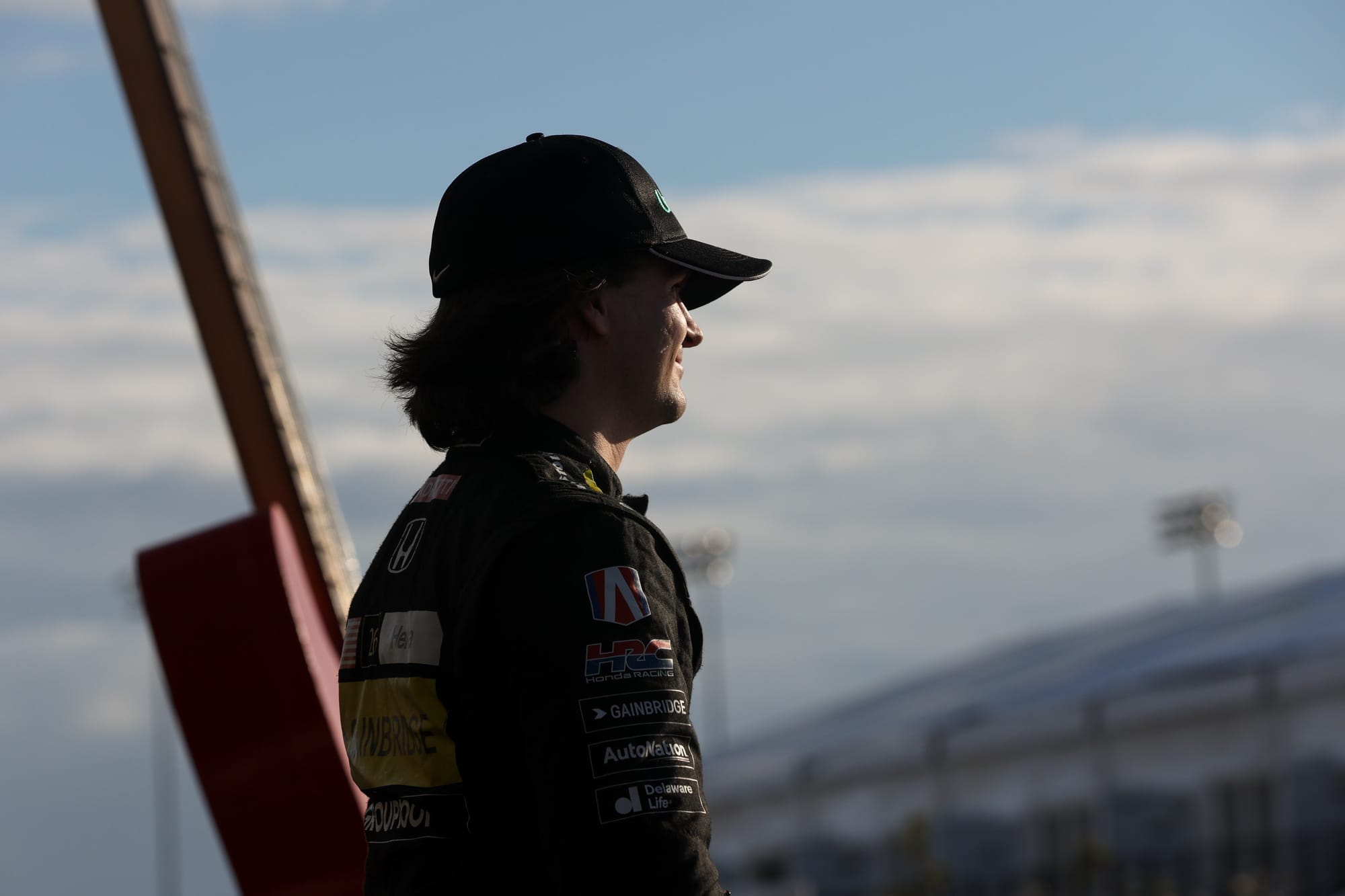
It's always tough to get an answer from anywhere official on how many superlicence points someone has and it's a system that's very easy to misinterpret.
For a superlicence in 2026, Herta will have his 10th in IndyCar in 2023 and his second in 2024, which is 31 points, combined with whatever he scores in 2025. So he'll need nine points next year to get on the F1 grid in 2026.
Fourth place in IndyCar would score those nine points, although that's not easily done. But if that's not possible, for whatever reason, he can look at other options.
You get one point for completing 100km in a free practice session. The IndyCar season finishes on August 31, which means there are nine grands prix Herta could do FP1s in to top up his tally afterwards. But Cadillac would have to pay another team, or at least reach an agreement with one, to do that and rely on a team being willing to park its permanent driver to help another team's future star.
The FIA could also give him dispensation. It refused to do that previously when Red Bull's second team - then AlphaTauri - showed some interest in Herta, but did do so for Kimi Antonelli recently when he wasn't old enough.
I get the sense that if Cadillac really wants Herta in 2026, it will be able to make this work.
And if not, that needn't be the end of the dream. It could look to bring Herta over as a reserve for 2026 with 2027 in mind for his debut, with some sort of TPC programme testing an older car extensively to prepare. Although that would be expensive and Herta will turn 27 in 2027 - far from past his peak, but hardly a 'young' F1 debutante either.
Are there any other US candidates?
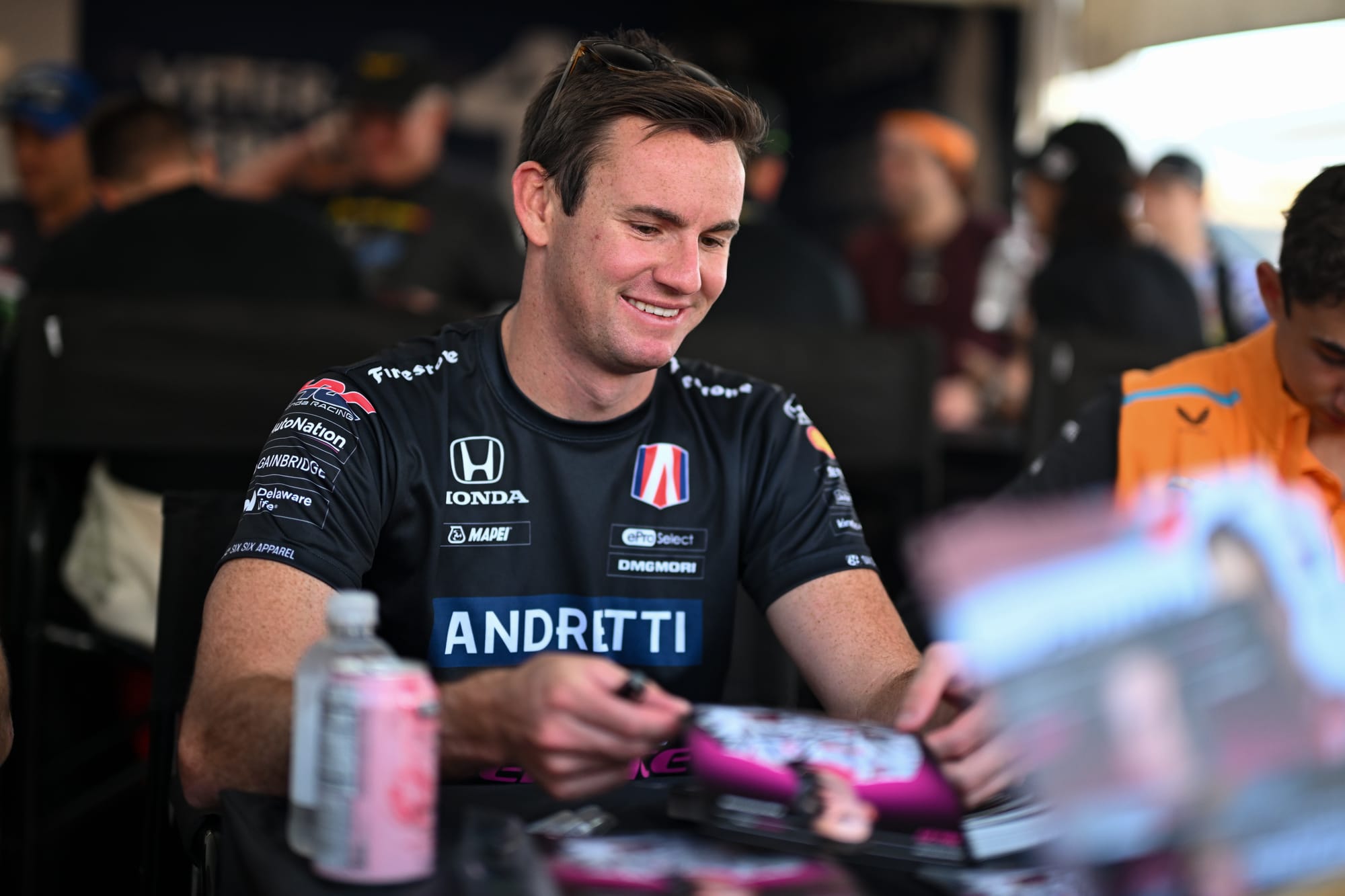
Kirkwood's stock rose enormously in IndyCar in 2023 when he won two races, and he has what is considered to be an outstanding junior single-seater record.
But he was well beaten by Herta in 2024 - Kirkwood didn't win a race - and there have been questions about him too: like Herta, some are about his consistency, but these also concern his racecraft and making good decisions when battling other drivers.
He's not quite shown enough to vault over Herta, not yet anyway.
Josef Newgarden would be deemed too old and has had a tough couple of seasons so he wouldn't jump Herta either. And then you're really into the debate of whether is Herta the best driver to pick from IndyCar, rather than from the US.
Palou has three titles in four years, and has all the skills needed to be a success in F1. More than that, he's regularly proven he has those skills, too.
But, he's Spanish. There's a similar problem for New Zealander Scott McLaughlin who, since converting from Supercars, has found a way to excel in every area despite not even being able to left-foot brake a few years ago. He's another driver IndyCar fans would lodge an appeal for but that F1 would likely, sadly, not take seriously.
Despite an increase in road courses in NASCAR, there's no drivers you'd take over Herta, or in the IMSA SportsCar Championship, where ex-F1 racer Felipe Nasr was arguably the best driver of the year. But none of the top drivers in that series were American or, I'd argue, clearly better than Herta.
